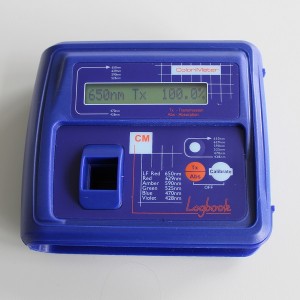The Practical Endorsement: towards a more ‘real-world’ approach to science?
2015-10-29
Students will need to be able to use specific equipment such as colorimeters, data loggers and computer analysis software as part of their Practical Endorsement certificate
This September the way in which practical work is assessed and carried out has changed significantly and, with that, we hope it has introduced a much needed emphasis on experimentation and ‘real world’ science.
As of this year students will have to carry out a series of twelve ‘core practicals’ in order to develop their skills in using specified techniques and equipment. The idea behind it is to counter universities’ concerns over incoming students’ lack of practical skills and bring the experimental element back to the centre of the syllabus.
As a company, we have always sought to help make science more relevant and engaging through designing equipment that gathers more realistic data and advanced analysis tools. As a result we’re pleased to see Ofqual and exam boards creatively finding ways to make science more practical. We feel that the fact that the new syllabus specifies that students must learn how to use data loggers, colorimeters and computer software is an endorsement of their effectiveness in bringing science to life.
So will it really make a difference? The new approach has been designed in collaboration with universities, teachers and students who have been positive about its potential. Universities have been working to focus the certificate on the practical skills students will need at university and students have commented that they felt there was more opportunity to be exploratory with their experiments. With the pressure of passing the practical endorsement as part of the A-level course, however, it remains to be seen how much the new approach will really break science education out of the constraints of exams and into the real world.
Tweet
Looking for core practical equipment?
Colorimeter prices from £119.00
Lightgates from £30 and timing kits from £130.00
